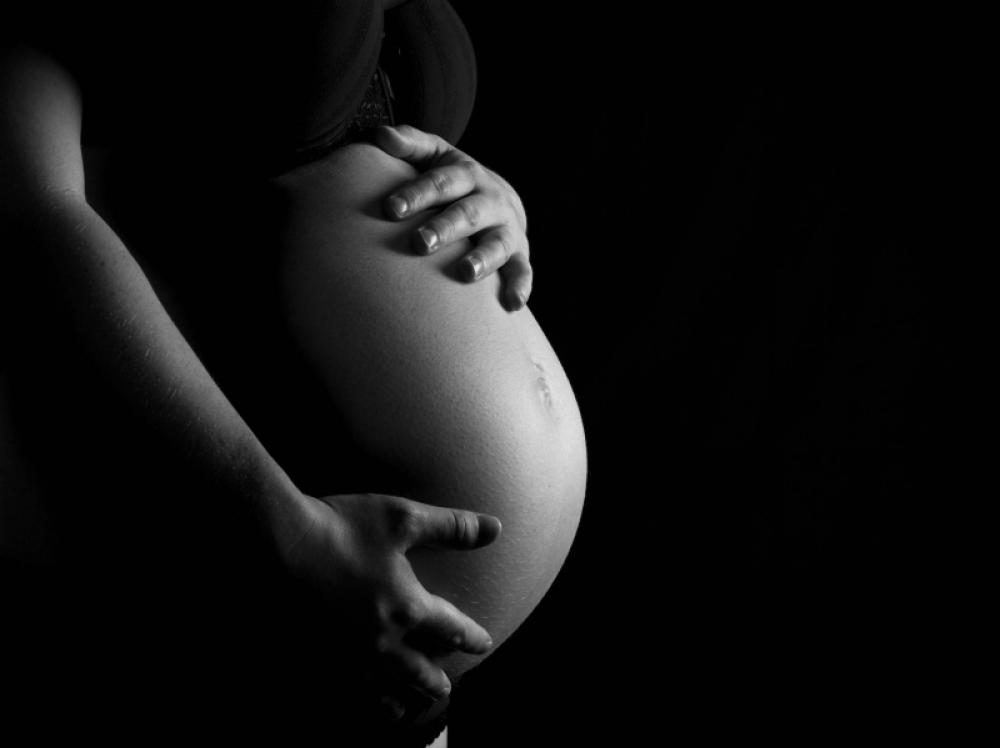Just Earth News | @justearthnews | 13 Oct 2018, 09:55 am Print

London: A recent study has said that the percentage of doctors and pregnant mothers undertaking the Ceasarean section or the C-Section has almost doubled in the last decade and a half. It stated the development as 'alarming'.
Taking a period of 15 years, it said that the rate has gone from 16 million births (12 percent) in 2000 to 29.7 million (21 percent) in 2015.
The finds were published in reputed medical journal The Lancet.
The researchers said that in some countries, C-section breached the 50 percent mark, while some nations had the procedure performed as low as four percent, after analysing data from 169 countries.
The C-Section, as opposed to normal or natural child delivery, requires operation.
Among the countries, Ceasarean Section in the Dominican Republic is as high as 58.1 percent.
According to the World Health Organization (WHO), C-section performed more than 15 percent is deemed excessive.
Why is C-section administered?
Ceasarean Section is performed by doctors, either:
If they feel that the baby is positioned awkwardly in the womb.
At the request of the mother or the patient.
The doctors feel that a normal delivery will complicate the proceedings for both the mother and the child
Disparate trends
As the reports suggest, trends regarding C-section child birth across the globe vary.
While Latin America and the Caribbean region have a rate of 44 percent in C-section, it is one-tenth or four percent in west and central Africa.
Apart from the Dominican Republic, Brazil, Egypt and Turkey also have C-section births in excess of 50 percent.
Researchers also said in sub-Saharan Africa region, where the procedure is strongly needed, it witnesses a very low percentage due to lack of facility.
Jane Sandall, professor of social science and women's health at King's College London and one of the authors, told the BBC: "Globally, drivers for the increasing rates vary between countries and include a lack of midwives to prevent and detect problems, loss of medical skills to confidently and competently attend a [potentially difficult] vaginal delivery, as well as medico-legal issues."
"In some cases the trend is system-driven. In Brazil, for example, the free public healthcare system is of poorer quality and pregnant mothers who can't afford private healthcare might be offered the procedure to help clear patients more quickly through the system."
"In China, a shortage of midwives can result in a lack of screening, meaning not only that necessary medical checks are not being carried out, but that there is a lack of expert help with assisting childbirth."
Why is the trend alarming?
Sandall said: "There is emerging evidence that babies born via C-section have different hormonal, physical, bacterial and medical exposures during birth, which can subtly alter their health. While the long-term risks of this are not well-researched, the short-term effects include changes in immune development which can increase the risk of allergies and asthma and alter the bacteria in the gut."
She said that multiple C-section on the same mother leads to higher chances of mortality, as compared to natural delivery.
Out of hospital birth increasing?
According to an article published in Indiablooms, many women in America and other western countries are choosing out-of-hospital childbirth, along with India, where such measures are usually not a choice but a necessity.
"But even in that country, some upper-class women are joining the natural birth trend," the article, written in conjunction, by journalists in India and the USA, said.
"In America, out-of-hospital births are clearly on the rise but far from the norm. According to the U.S. Centers for Disease Control and Prevention, the proportion of births happening outside hospitals started to climb in 2004, rising from 1 percent then to 1.5 percent in 2015 -- or 61,000 births," it said.
"In India, out-of-hospital births are far more common. UNICEF statistics show 53 percent of women gave birth outside of an institution in 2012.
"For women lucky enough to have a choice, experts say many are driven by a desire to make life processes like childbirth more natural instead of treating them like medical conditions."
Image: Wallpaper
- Exam stress to emotional distress: Study reveals the dark side of academic pressure
- Vegetarian diet linked to lower risk of five major cancers, study finds
- Ukraine’s health system under fire: Attacks spike 20% in 2025, WHO warns
- A dog’s loving lick turned deadly — She woke up without her limbs
- Scientists reveal how exercise could protect your brain from Alzheimer’s





-1763561110.jpg)
